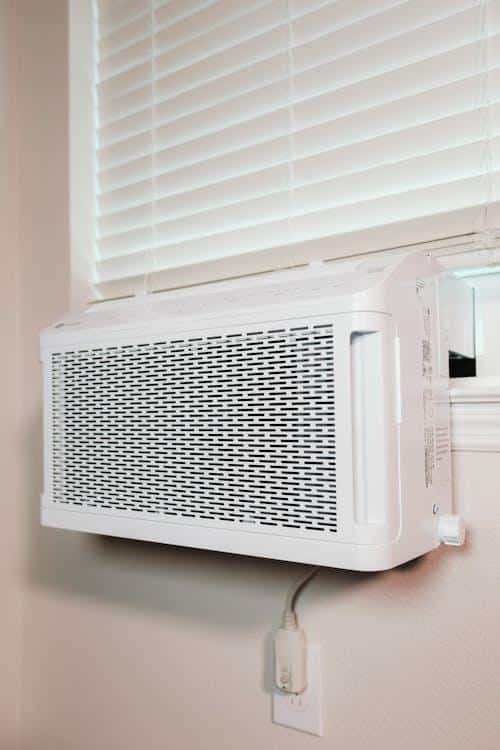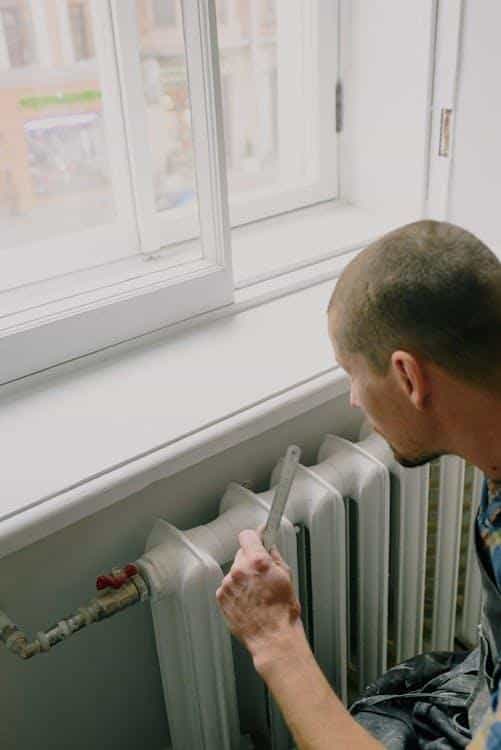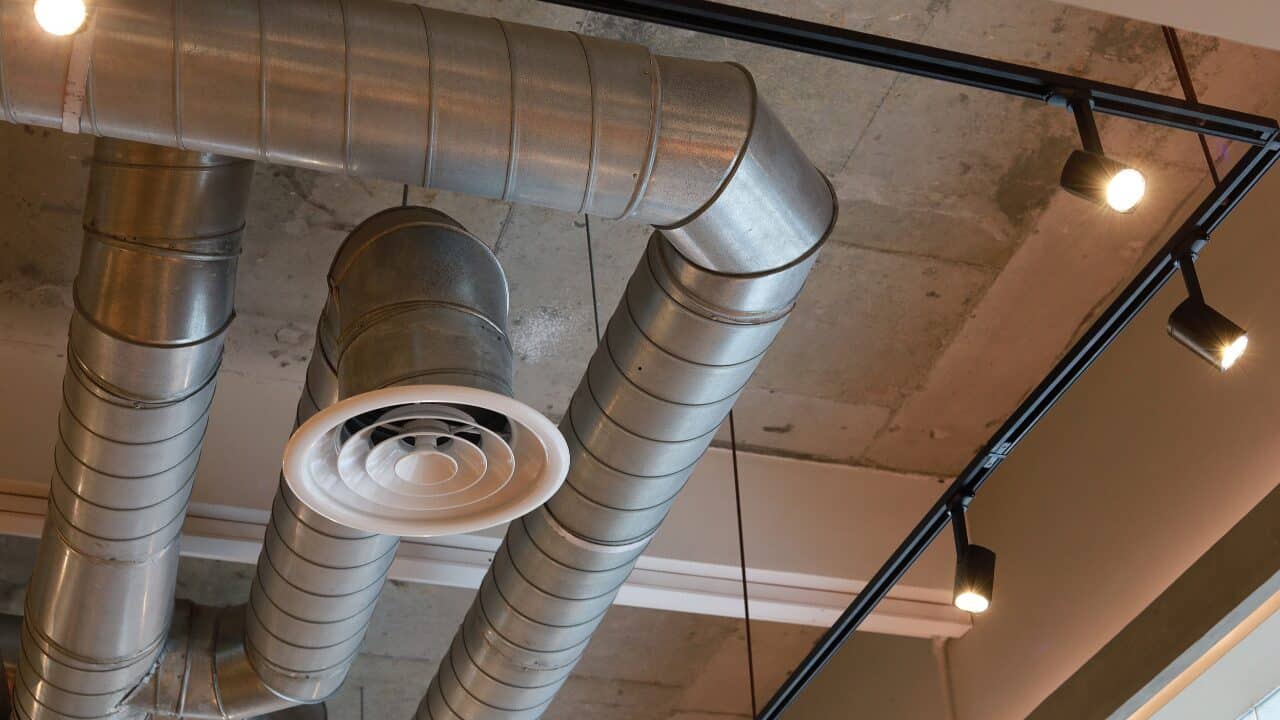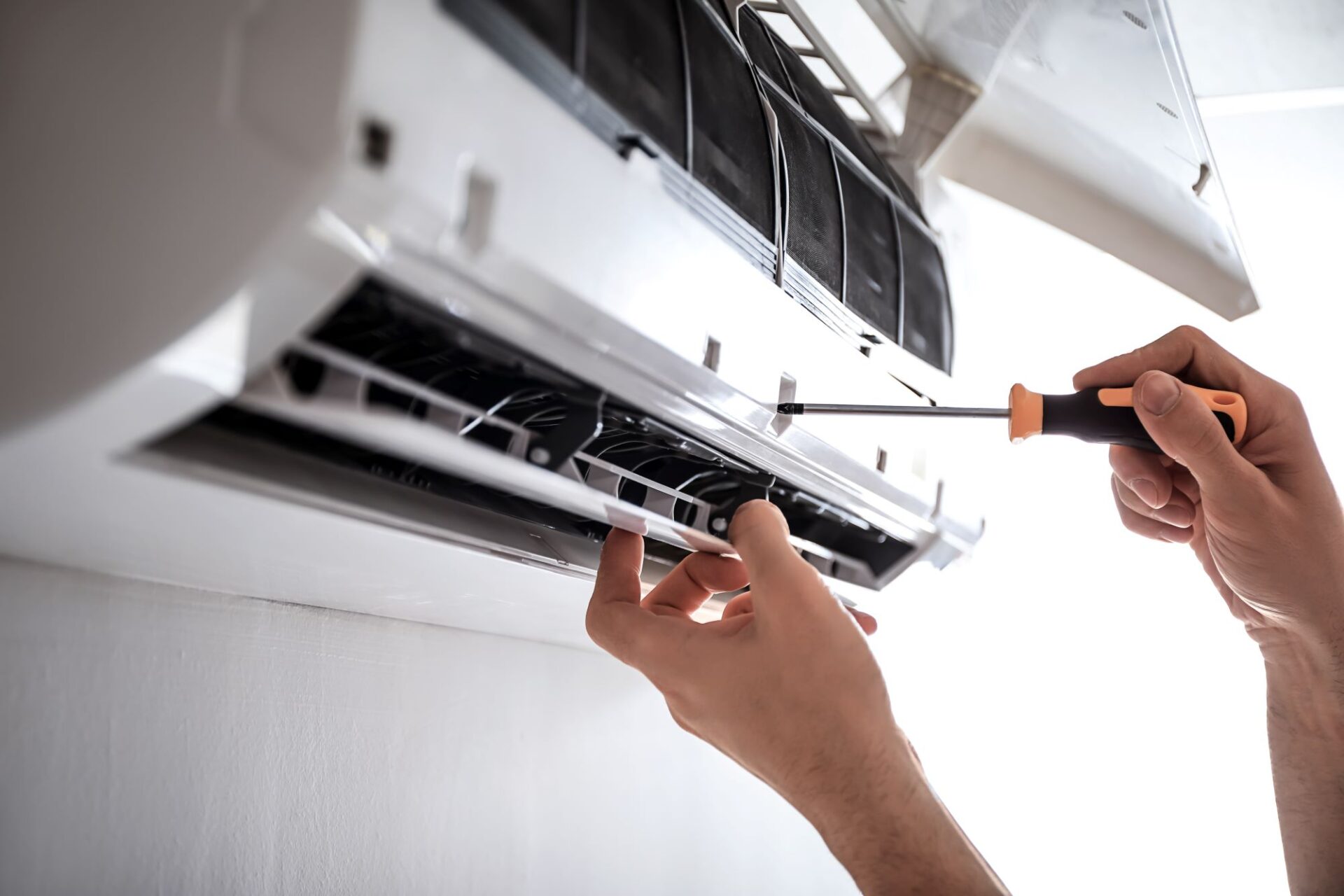Winter’s icy grip can bring more than just chilly temperatures; it can also lead to unexpected HVAC emergencies.
A failing heating system in the dead of winter is a major inconvenience, and it can even pose health risks.
Knowing how to spot and handle these situations can save you from a frigid home and costly repairs.
Table of Contents
Warning Signs You Shouldn’t Ignore
Your HVAC system helps maintain the comfort of your home, but it doesn’t always stop working without warning.
Often, it gives subtle signs that trouble is brewing.
Being aware of these red flags can help you address issues early and avoid unexpected breakdowns or costly repairs. Here’s what to watch out for:
1. Strange Noises
Unusual sounds coming from your heating system are one of the clearest indications that something is wrong. If you hear clanging, banging, or squealing noises, don’t ignore them.
These sounds could be due to a loose component, a malfunctioning blower, or even a belt that’s slipping out of place. Over time, ignoring such noises can lead to more serious damage that might require expensive repairs or even a system replacement.
2. Insufficient Heat
When your system is running nonstop but your home still feels chilly, there’s an underlying problem. This could be as simple as a clogged air filter obstructing airflow or as complex as a malfunctioning thermostat that misreads your home’s temperature.
Other possible causes include issues with the pilot light, burners, or even leaks in the ductwork. Addressing insufficient heat promptly can prevent further damage and keep your energy bills in check.
3. Poor Airflow

Weak or reduced airflow can point to several issues within your HVAC system. Common causes include a failing blower motor, dirty or clogged air filters, or obstructions in your ductwork.
Poor airflow not only reduces the efficiency of your system but also strains it as it works harder to push air through, which can accelerate wear and tear. Regular maintenance checks can help identify and fix these airflow issues before they escalate.
4. Frequent Cycling
Short-cycling, where your HVAC system turns on and off repeatedly within a short period, signals that your system is struggling to maintain the desired temperature.
This could be due to an oversized unit, a faulty thermostat, or dirty condenser coils. Short cycling reduces the efficiency of your system and increases energy consumption. It can also lead to premature wear on your system, reducing its lifespan and potentially leading to expensive repairs.
5. Burning Smell
It’s not uncommon for an HVAC system to emit a faint burning smell when you first turn it on after a long period of disuse.
However, if the burning smell persists or is particularly strong, it’s time to investigate further. This odor could be caused by dust burning off, but more concerningly, it might signal problems such as overheating components or a clogged filter.
Take Preventive Action
Spotting these red flags early and scheduling prompt repairs or maintenance can help you extend the life of your HVAC system, improve its efficiency, and save you from unexpected breakdowns.
Routine servicing by HVAC professionals and paying attention to changes in performance are key steps to ensuring your home stays warm and comfortable throughout the colder months.
Taking Action: When to Call for Emergency Repair

While some HVAC issues can wait for regular business hours, others demand immediate attention. Here’s when to call for emergency HVAC repair:
No Heat: If your heating system has completely stopped working and your home is rapidly cooling down, you need emergency service.
Gas Leaks: If you smell gas or suspect a leak, evacuate your home immediately and call your gas company and HVAC technician.
Frozen Pipes: A malfunctioning heating system can lead to frozen pipes, which can burst and cause significant water damage. If you suspect frozen pipes, call for emergency plumbing and HVAC service.
Preventing Winter HVAC Emergencies

The best way to avoid a mid-winter heating crisis is to be proactive:
Schedule Annual Maintenance: Have your HVAC system professionally inspected and serviced each fall before the cold weather sets in.
Change Air Filters Regularly: A dirty air filter restricts airflow and puts extra strain on your system. Replace filters every 1-3 months.
Clear Vents and Registers: Make sure furniture and other objects aren’t blocking airflow from your vents.
Monitor Your System: Pay attention to how your system is running and address any unusual noises or performance issues promptly.
Don’t let a winter HVAC emergency leave you out in the cold. By recognizing the warning signs and taking prompt action, you can keep your home warm and comfortable all season long.
Need expert help with your heating system in Kentwood?
Individuals looking for professional and affordable HVAC repair services and furnace installation services in Kentwood should get in touch with Majano Heating and A/C.
Their team offers a wide range of HVAC repair and furnace maintenance services, including heating system installation in Kentwood, emergency heating services, air conditioning repair, and more.
Contact them today to schedule a consultation.
About the Author
With over a decade of experience in the HVAC industry, Fred B. is a seasoned professional dedicated to keeping homes comfortable and safe year-round. Specializing in HVAC system installations, repairs, and emergency troubleshooting, the author has a deep understanding of the challenges homeowners face. Fred channels this expertise into writing informative blogs that help readers navigate HVAC emergencies, offering practical advice and valuable insights to maintain efficient and reliable systems.





